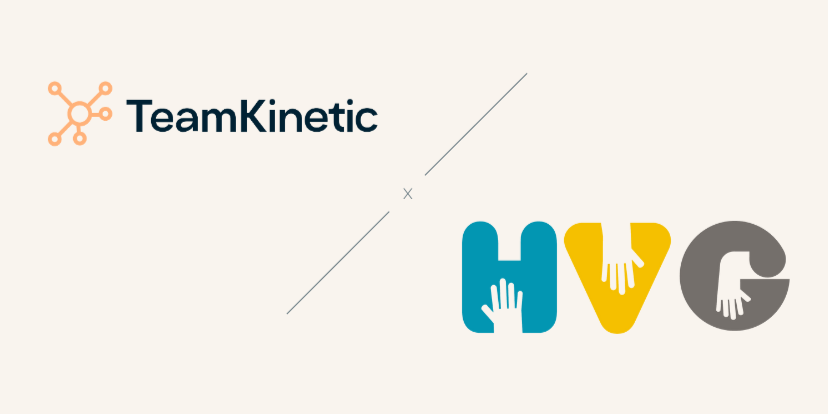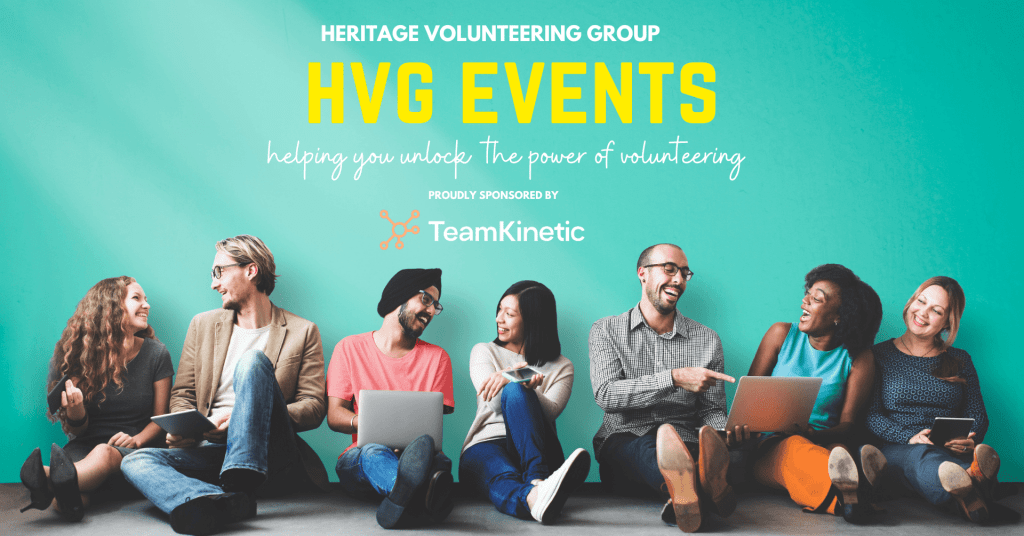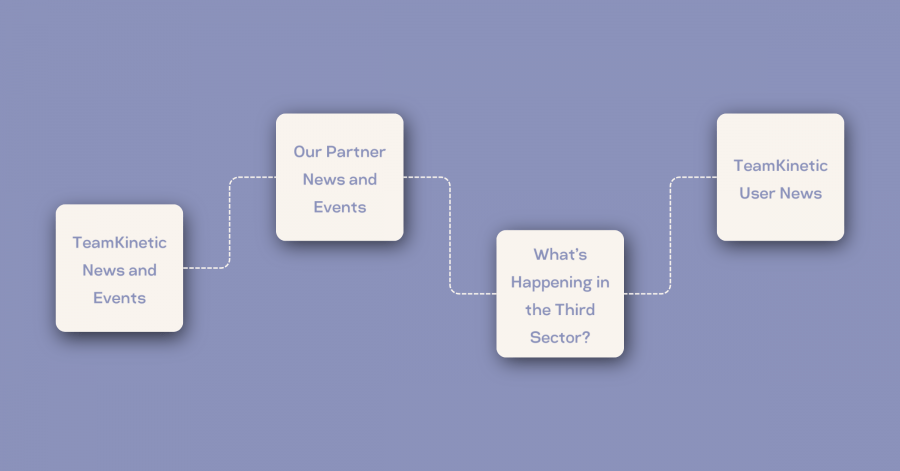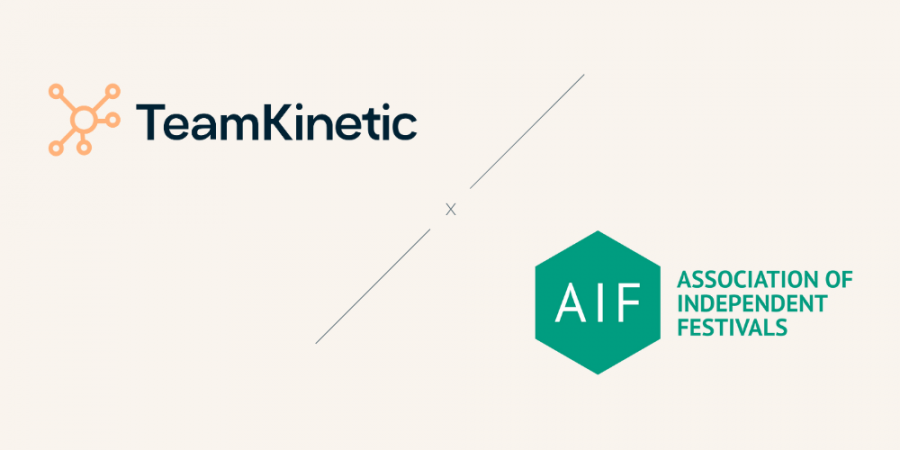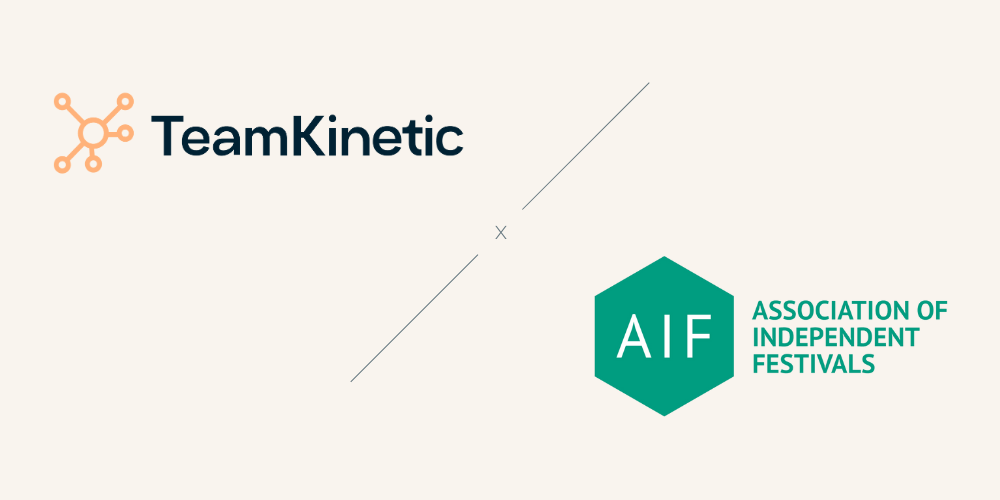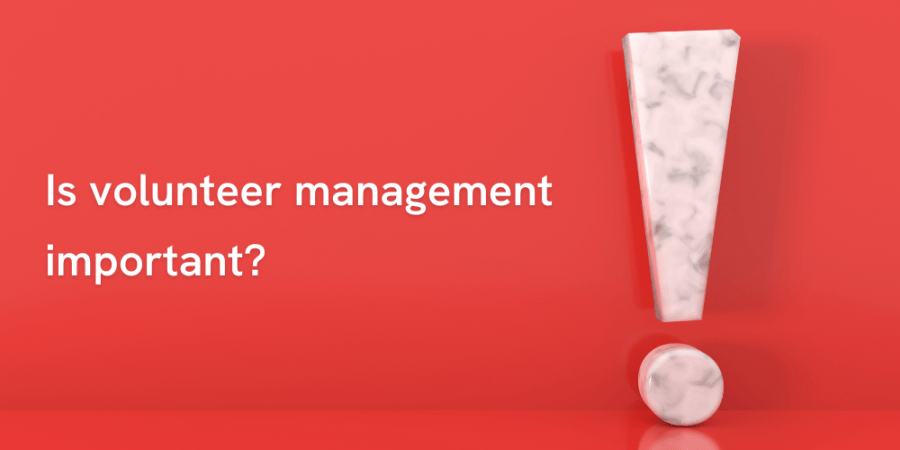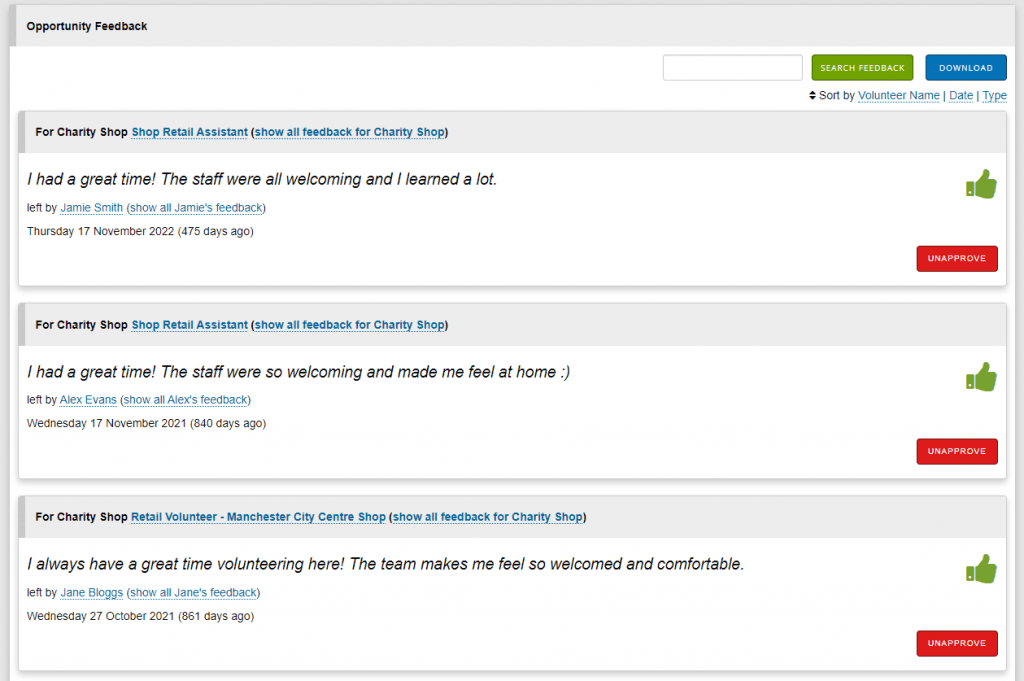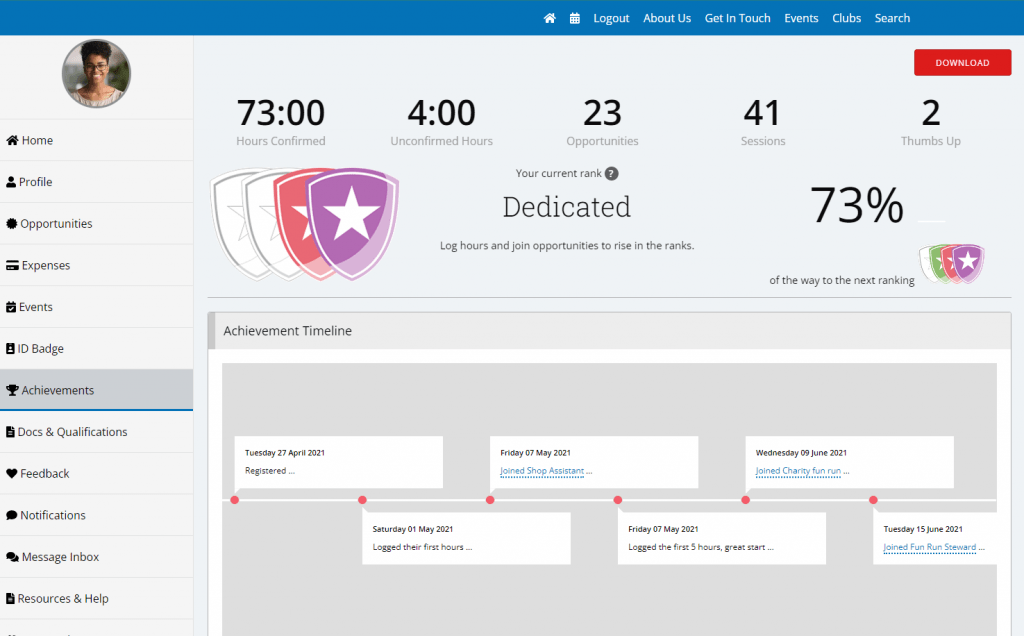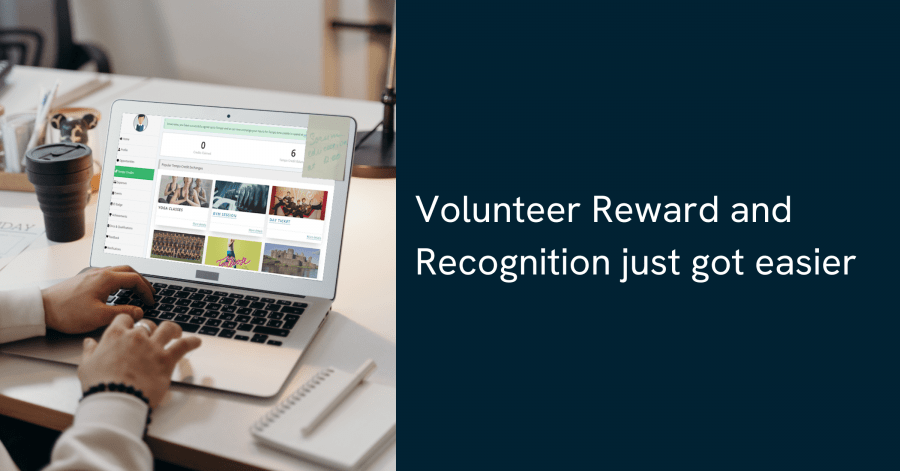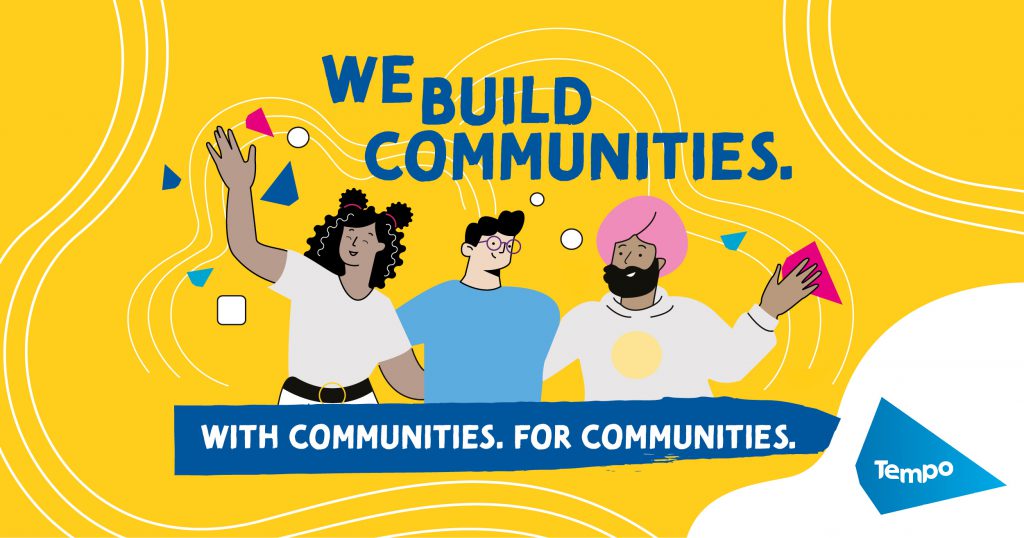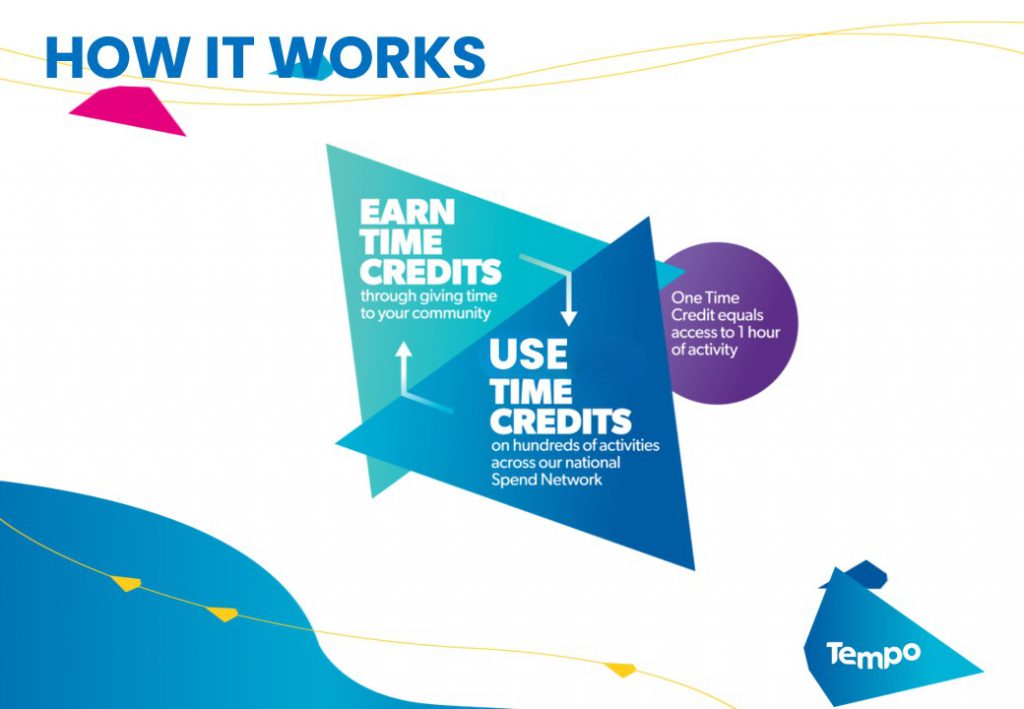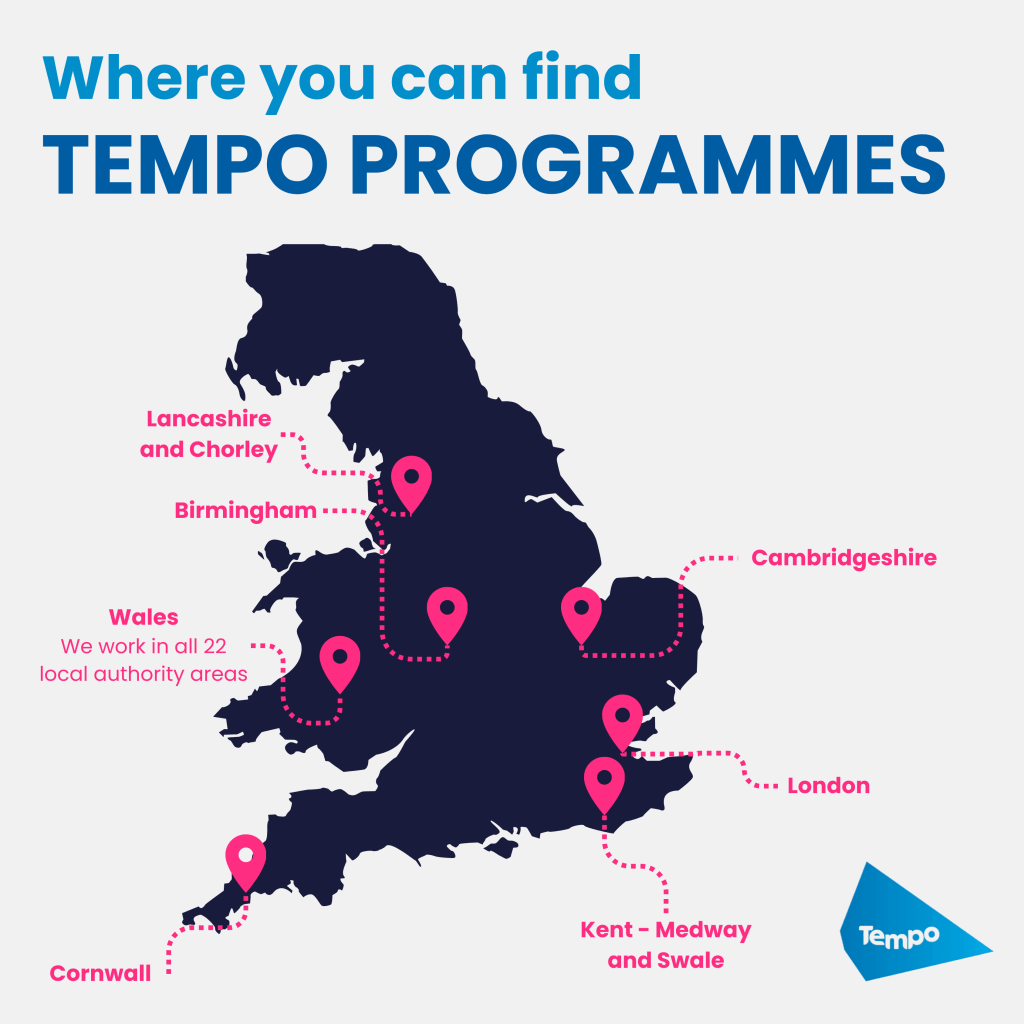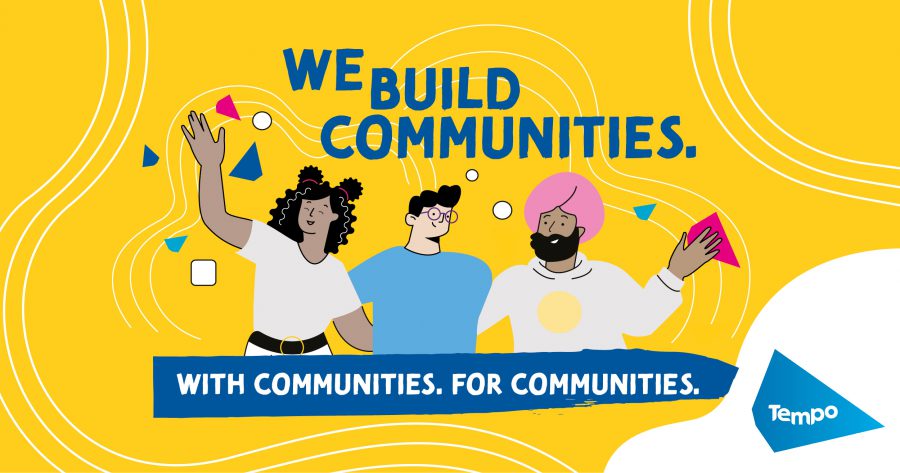
These terms and conditions govern the use of the promotional offer provided by TeamKinetic to members of The Heritage Volunteering Group. By taking advantage of this offer, you agree to comply with these terms and conditions.
1. Offer Details:
1.1. TeamKinetic offers members of the Heritage Volunteering Group (HVG) a discount of 25% off the standard rate for the TeamKinetic volunteer management system. This offer is valid from 23/04/2024 – 30/09/2024.
1.2. The discount applies only to the first year of subscription for any version of the TeamKinetic volunteer management system.
1.3. Organisations can take advantage of this offer by reaching out directly to TeamKinetic, either by starting a free trial, or emailing info@teamkinetic.co.uk with notice of their intent to redeem this offer.
2. Eligibility:
2.1. To be eligible for this offer, users must be members of The Heritage Volunteering Group at the time of purchase.
3. Discount Application:
3.1. The 25% discount will be applied automatically during the checkout process for the TeamKinetic volunteer management system.
3.2. The discount applies to the first year of subscription only. Subsequent renewals will be charged at the standard rate.
3.3. The discount will only be given to organisations that can prove their membership to the HVG. TeamKinetic reserves the right to refuse the discount to any organisation that cannot prove their membership.
4. Payment:
4.1. Users agree to pay the discounted subscription fee for the first year of their TeamKinetic subscription upon purchase.
4.2. Subsequent renewals will be charged at the standard rate unless otherwise stated by TeamKinetic.
5. Modification and Termination:
5.1. TeamKinetic reserves the right to modify, suspend, or terminate this offer at any time without prior notice.
5.2. In the event of termination, users who have already availed of the offer will continue to receive the discount for the duration of their current subscription term.
6. Limitation of Liability:
6.1. TeamKinetic shall not be liable for any indirect, incidental, special, or consequential damages arising out of or in any way connected with the use of this offer.
7. Acceptance:
7.1. By taking advantage of this offer, users acknowledge that they have read, understood, and agree to these terms and conditions.
8. Contact Information:
8.1. For any inquiries or assistance regarding this offer, users may contact TeamKinetic by email at info@teamkinetic.co.uk or by telephone at 0161 914 5757.
You can find TeamKinetic on social media and listen to our podcast:
Twitter Facebook LinkedIn YouTube Instagram Podcast
Have you enjoyed using TeamKinetic? If you could leave us a review on Capterra, we’d really appreciate it! We’ll even send you a little thank you.

